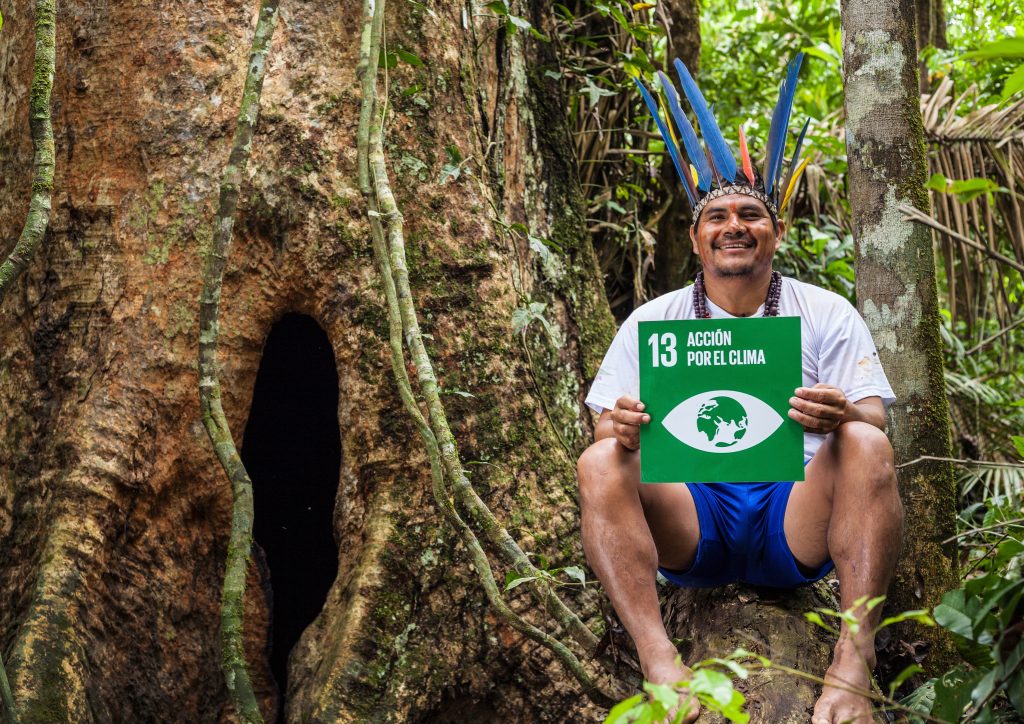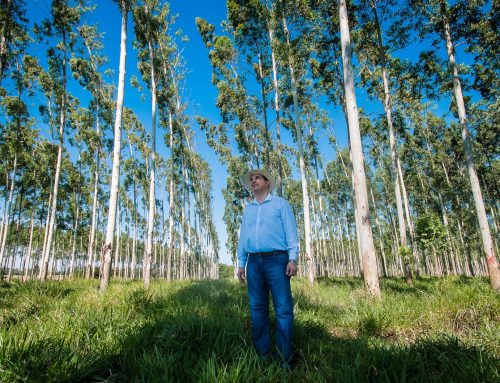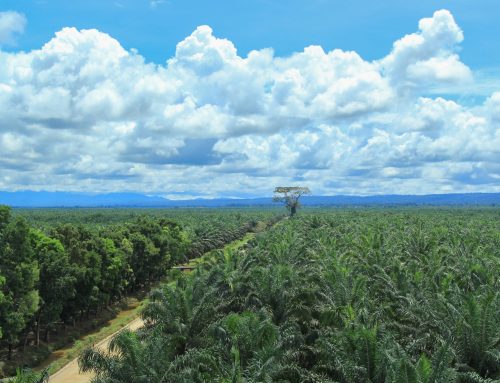Following the 2021 Food Systems Summit, calls to transform food systems have intensified and spread worldwide – there are now 112 National Pathways devised by countries attempting to strengthen sustainability and resilience in their food systems.
With only 8 harvests before 2030, how can we accelerate progress? UNDP invited a group of more than 70 leading practitioners and thinkers into a co-inquiry to explore how we can better design international development programmes so that they are more effective in catalysing transformational change. Based on the insights from the co-inquiry, a number of recommendations have been developed for how to strengthen systems thinking approaches in international development programmes, including:
1. Stop telling, start listening – the best solutions come from stakeholder participation and collaborative action
2. Build trust and relationships – change moves at the speed of trust
3. Engage hearts as well as minds – a vision is more inspiring than a plan
4. Embrace difference – the best solutions are created when we harness the creative potential of diversity, difference and conflicting perspectives
5. Be flexible and adaptive – learn as you go, don’t stick to a destination which may be overtaken by events

“To transform food systems we urgently need to move towards more systemic ways of working, based on more participatory approaches – away from a largely ‘top down’ approach that attempts to design and deliver change in silos towards much more of a ‘bottom up’ approach that focuses on enabling and facilitating stakeholders to co-create and implement solutions together.”
Charles O’Malley at UNDP added “Many practitioners know that we can’t go on as we are. We are aware of the limitations of current programme design and implementation approaches, centred around logframes (‘logical frameworks’), upfront problem analysis, pre-planned activities and pre-defined outcomes, followed by 4-5 year implementation periods. The reality of complexity in food systems means that we need to take approaches that are much more adaptive and iterative, learning from experience as we go. We also need to take a longer term view.”
The recommendations from the co-inquiry have been synthesised into 10 steps to strengthen systems thinking in international development – are available here. They build on the conclusions of 2020’s first phase of the co-inquiry. A third cycle of the co-inquiry is planned for 2022, focussing on the topics of (1) programme design and (2) dealing with power and conflict. We are also looking to convence national-level co-inquiries in commodity producing countries.
For more on UNDP’s approach to Changing Systems Through Collaborative Action, see here and here.
For more information contact Charles O’Malley at charles.omalley@undp.org







